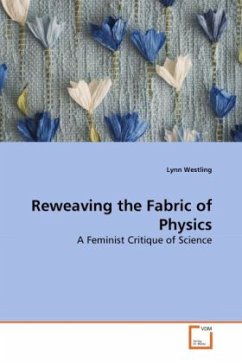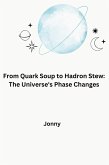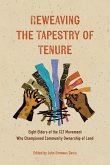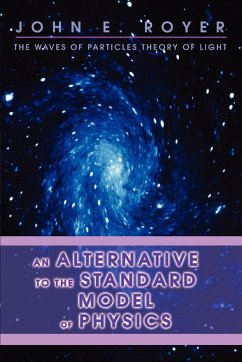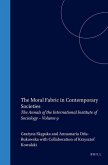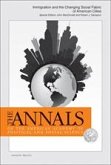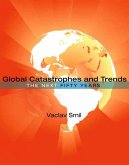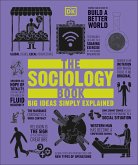This book, the result of my experience at the boundary between physics and women's studies, is an exploration of how the discipline of physics could be changed to be more inclusive. To show that women were, and still are, excluded from physics, the book opens with a brief history of women in science, as well as an overview of the work on the feminist critiques of science. Here I argue that the fabric of physics needs to be rewoven to be more accommodating. Drawing on examples of the scientific work of Goethe, the Chinese, and the participants of the Quantum Revolution, I show how knowledge is produced at boundaries and that in this way physics has already been rewoven and could be again. A physics with a more holistic perspective is possible, more inclusive, and even more powerful scientifically for the solution of complex problems in science and society. This book is a valuable resource for students and scholars of feminist studies, philosophers of science, as well as the physics community at large.
